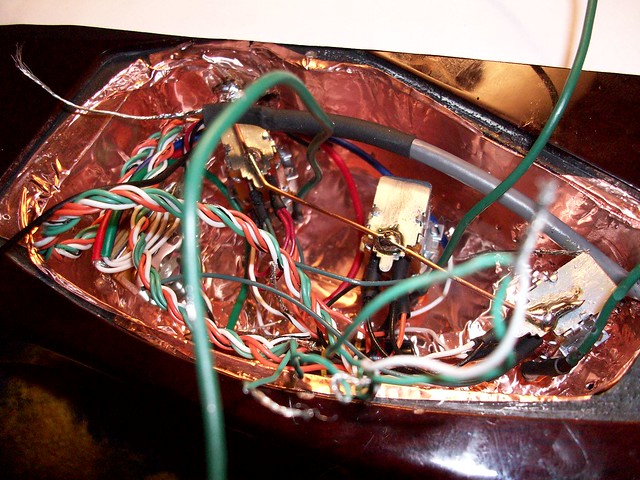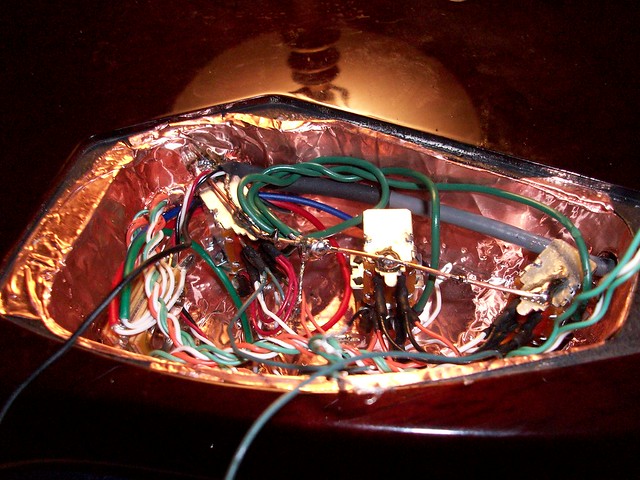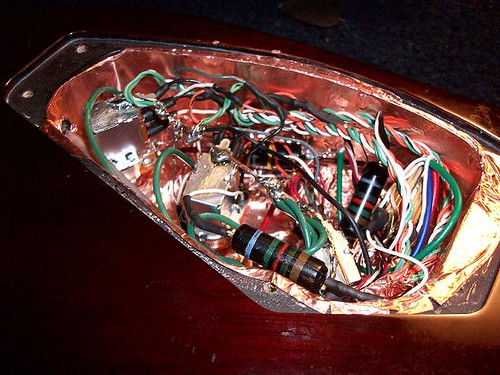Disco Scottie
Hero Member
- Messages
- 651
Jet-Jaguar said:Well, that's really great, if you want to become a luthier/electrician/plumber. But some people just want to have a different pickup in their favorite guitar.jwl68th said:Having a plumbing background, soldering has always been relativly simple for me. As with most anything, it takes practice and patience.
:toothy12:
That's a great visual. And with those skills you could build a guitar with lighted fretboard dots, while still using 40% less water when soloing.





